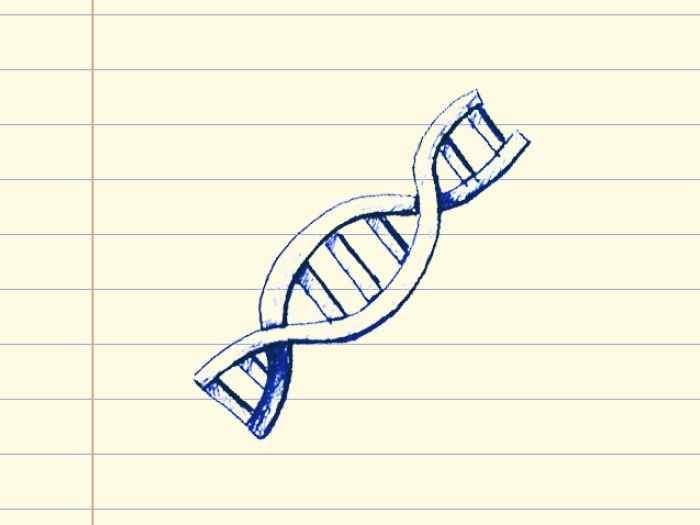New technique provides insight into the role of genes in brain plasticity and cognitive disorders.
11:06 AM
Author |

From birth, the normal human brain rewires itself in response to sensory stimulation from the outside world. To put it simply, it does this by strengthening the connections between certain brain cells through a junction called a synapse. The brain's ability to change in this way is known as synaptic plasticity.
With certain cognitive disorders, like autism and Alzheimer's disease, this rewiring process is disordered. Shigeki Iwase, Ph.D., associate professor of human genetics, and his team have been attempting to understand why, using a gene called RAI1. The genetic deletion of RAI1 causes Smith Magenis Syndrome, a neurodevelopmental disorder characterized with autistic behavior and sleep disturbances.
In a new paper published in Cell Reports, the team describes how they developed a new experimental approach for monitoring gene expression across the genome in neurons while they are in the process of rewiring. "Using this method, we found that synaptic activity can change the expression of many more genes than we previously thought," says Iwase.
The new method also enabled them to discover that RAI1 plays a critical role in the gene expression underlying synaptic plasticity. In collaboration with Michael Sutton, Ph.D., professor of molecular and integrative physiology, and his team, they found evidence that neurons lacking RAI1 have impaired capability to rewire upon sensory inputs.
Says Iwase, "Our new method can be a powerful tool to determine the molecular mechanisms of how normal and diseased neuronal networks integrate environmental information, change gene expression, and ultimately generate our behavior, and identify potential drug targets for relevant brain diseases."
Paper cited: "RAI1 Regulates Activity-Dependent Nascent Transcription and Synaptic Scaling," Cell Reports. DOI: 10.1016/j.celrep.2020.108002

Explore a variety of health care news & stories by visiting the Health Lab home page for more articles.

Department of Communication at Michigan Medicine
Want top health & research news weekly? Sign up for Health Lab’s newsletters today!





